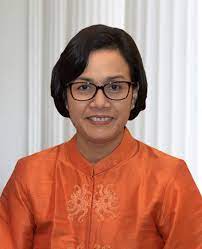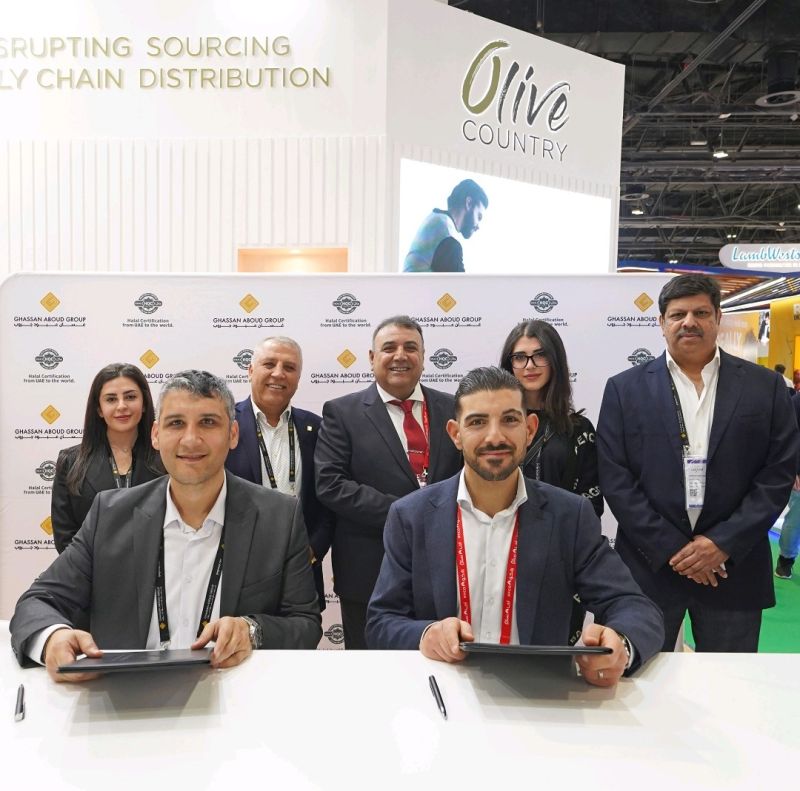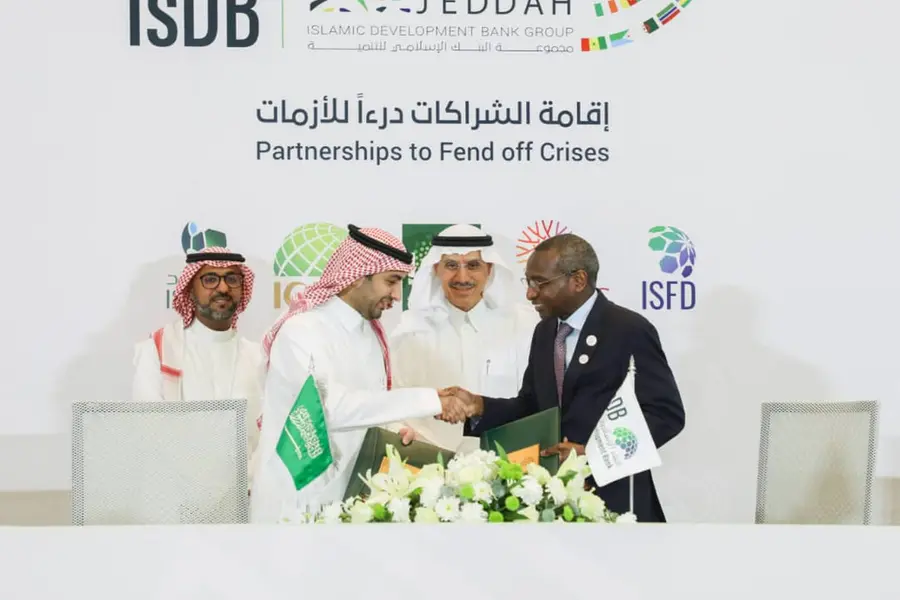JAKARTA — In a sign of its growing prominence, Indonesia’s
Council of Ulemas moved its headquarters from the basement of a major
mosque here into an expensive new office tower in the heart of downtown.
The council was established in 1975 as a quasi-governmental body of Muslim scholars by Suharto,
the country’s leader for three decades, partly as a tool to keep
politically minded Islamic organizations in check. But in the decade
since the dictator’s fall, the group — whose leaders have increasingly
espoused a radical form of Islam — has worked to establish itself as an
assertive political force.
The group, known as M.U.I., built an impressive network of offices
throughout the country, staffed by people who promote the council’s
view of Islam. It logged its first major political success this summer
when the government agreed to severely restrict the activities of a
Muslim sect that does not believe that Muhammad was the last prophet.
Advocates of religious tolerance worry that the council’s new clout
could signal the start of religious radicalization in a country known
for its moderate brand of Islam.
“Islamists use the M.U.I. as a major base of operations,
coordinating support for the Islamist agenda,” said Holland Taylor,
founder of LibForAll Foundation, an American and Indonesian
nongovernmental group that promotes religious pluralism.
Among the goals of some prominent council members is the imposition
of Shariah, or Islamic law, throughout traditionally secular Indonesia.
But other experts, even some concerned about the council’s
conservative leanings and newfound influence, see the broader
radicalization of Indonesian Islam as unlikely. They point out that
Indonesia’s largest Islamic association, the Nahdlatul Ulama, promotes
tolerance and religious pluralism and that Islamic political parties
have struggled to gain ground in recent years.
Beyond that, broad antipornography legislation, which had been
championed by the Council of Ulemas and its allies in Parliament, has
been scaled back after a public backlash that included large street
protests.
“I don’t think the Council of Ulemas is going to turn Indonesia into
the Sudan,” said Sidney Jones, director of the International Crisis
Group in Jakarta, citing “many other balancing forces.”
The council is an umbrella group that represents established Muslim
organizations. In addition to advising the government on religious
issues, it distributes fatwas, or religious directives, advising
Muslims on how to practice their faith. Its fatwas are nonbinding.
Maruf Amin, the council’s deputy chairman, describes it as a
moderate organization that represents the views of more than 60 Islamic
groups in this overwhelmingly Muslim country.
“Our job is to communicate to the government the aspirations of
Muslim people in Indonesia and to protect the Islamic population here
from any bad influences that might lead them to deviate from their
faith,” he said in an interview.
But some analysts who have studied the group say Islamic hard-liners
have had an increasingly dominant role in the council in the last few
years.
“The council has a long history of moderation, but lately it has
been infiltrated by some hard-liners,” said Azyumardi Azra, director of
the graduate school at Syarif Hidayatullah State Islamic University in
Jakarta. “I have told its leaders that if they want to remain a
representative organization, they need to be aware of this
infiltration.”
The growing prominence of radical voices is partly a byproduct of
the transition to democracy. Radical religious leaders who were often
silenced during Suharto’s rule now have the freedom to propagate their
views and have often proven adept at using the democratic system.
The growing relevance of the Council of Ulemas is partly a result of
a budget some analysts believe is growing. (Neither the council nor the
government would provide numbers.) Besides government financing, the
council has sole authority to license halal food and medicine.
More recently, the council has tapped into Indonesia’s lucrative
Islamic banking industry. It acts as one of several organizations
overseeing banks that refuse loans to companies in businesses that run
contrary to Islamic values, like those producing alcohol or selling
pork.
These financing sources have allowed it to purchase its new office tower and to operate more than 150 satellite offices.
But analysts say the group has also benefited from its relationship with President Susilo Bambang Yudhoyono.
Although the president is considered moderate, he said last year that
after the council issues any fatwas, “the tools of the state can do
their duty.”
“Hopefully our cooperation will deepen in the future,” he said
during the speech, according to translations by the International
Crisis Group.
Some experts said they suspected he was supporting the Council of
Ulemas to shore up Muslim backing in elections next year. A coalition
of Islamic political parties backed him when he first ran for president
in 2004.
The council’s biggest coup so far was Mr. Yudhoyono’s decision in June to restrict the practices of Ahmadiya, a minority Muslim sect.
The council had been calling for a ban on Ahmadiya since 2005 when
it issued two fatwas, one against the sect for not believing Muhammad
is the last prophet and another calling on Muslims to reject
“pluralism, liberalism and secularism.”
On June 1 in Jakarta, opponents of Ahmadiya, some affiliated with
Forum Umat Islam, an organization formed to promote the council’s
fatwas whose leaders include several prominent council members, clashed
with demonstrators supporting the sect. Dozens were injured.
Despite an outcry over the incident, the government ordered Ahmadiya
members to “stop disseminating interpretations that deviate from the
main tenets of Islam” or face legal action. The government then asked
the Council of Ulemas, with its network of chapters, to monitor
Ahmadiya’s compliance.
A report in July by the International Crisis Group, which analyzed
the conditions leading to the decree, laid significant blame on the
dominance of radicals within the council and the council’s growing
influence.
Several of those members are leaders of groups blamed for burning mosques and houses belonging to Ahmadiya adherents.
In its annual report on religious freedom in September, the United
Sates State Department singled out the Council of Ulemas as
“influential in enabling official and social discrimination” against
minority religious groups in the last year in Indonesia.
Still, most of Indonesia’s Muslims remain moderate, and some have begun to fight back.
Mr. Taylor, whose group promotes religious tolerance, said moderate
groups would need to try to take control of the council or press the
government to privatize or dissolve it.



